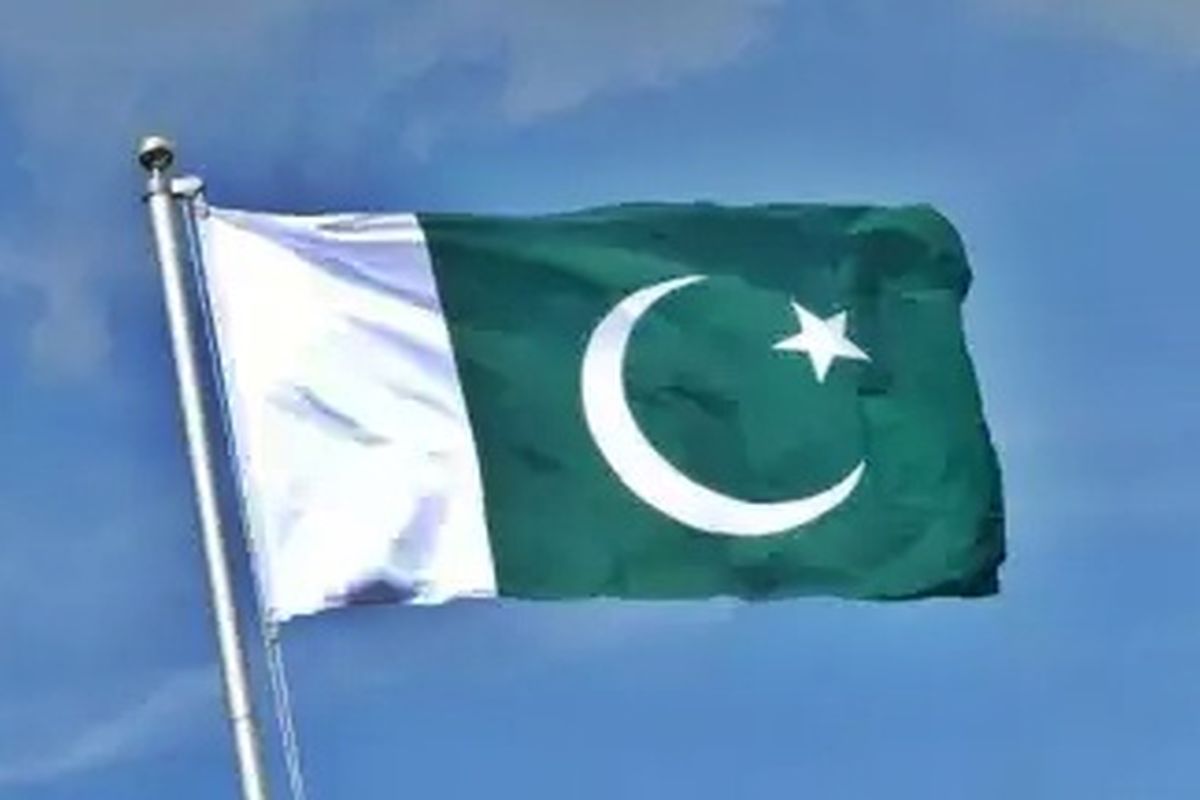Trade with Pakistan can help achieve 2047 goal
Prime Minister Narendra Modi wants India to become an advanced nation by 2047, exactly a hundred years after Independence.
The crisis has been brewing for some time, and ever since former Prime Minister Imran Khan launched his nationwide campaign to hold national elections in the wake of his removal from office.

Representation Image (Photo: IANS)
As the country celebrates Id, Pakistan appears to be on the cusp of a political implosion, one that may see several conflicts play out – between the judiciary and the legislature, and between various members of the political and security establishment. For the moment, the country’s Supreme Court, itself fractured by divisions, is holding to its order to conduct elections to the Punjab provincial assembly on 14 May that is in less than three weeks.
The crisis has been brewing for some time, and ever since former Prime Minister Imran Khan launched his nationwide campaign to hold national elections in the wake of his removal from office. When the coalition government headed by Mr Shahbez Sharif refused to do so, Mr Khan ordered the dissolution of his party’s governments in two provinces and sought fresh elections in terms of a Constitutional provision that says they must be held in 90 days. While a section of the country’s apex court, led by Chief Justice Amar Uta Bandial, endorses this position, the government has been dragging its feet. In a report to the court submitted by the Defence ministry, the government claims that elections in the two provinces cannot be held for a variety of reasons, including the possibility of a war with India, cross-border terrorism, threats from the Tehreek-e-Taliban Pakistan, the return of ISIS fighters to the country, and the machinations of India’s Research and Analysis Wing. The report claimed that the holding of elections could make Pakistan a victim of the “global great game” where India enjoys supremacy. In the backdrop of these various doomsday scenarios being presented by the establishment, some observers in Pakistan fear that the situation is ripe for an intervention that the country must now be familiar with.
Advertisement
A former president of the Sindh bar association, Salahuddin Ahmed, told a British newspaper that there is a risk of martial law being imposed because as he says, “historically whenever there has been a constitutional and political deadlock in Pakistan, the military acted opportunistically.” The standoff between the warring groups can, it seems, only be resolved if they agree to a compromise, perhaps one that involves all political parties agreeing to a date for national elections.
Advertisement
The term of the National Assembly ends in October, and if parties can agree on a poll schedule, the crisis may be averted. But this may be more difficult than it sounds, because those in government will be worried about the optics of being seen to be negotiating with Mr Khan. The drama has diverted attention from the country’s mounting economic woes, one that has seen millions being forced to depend on charity to survive in the midst of record inflation that saw the consumer price index rise by 35 per cent in March.
Advertisement